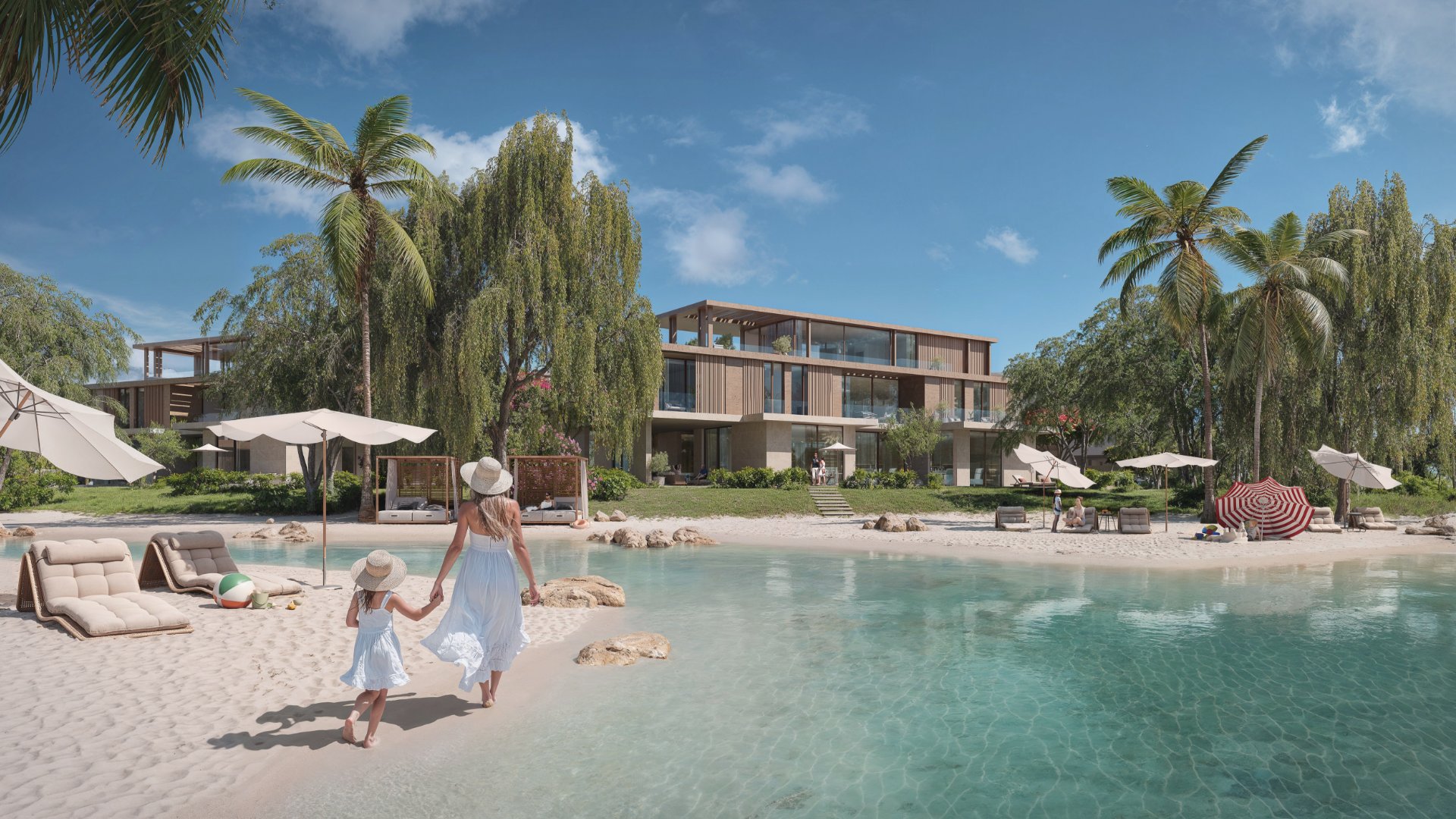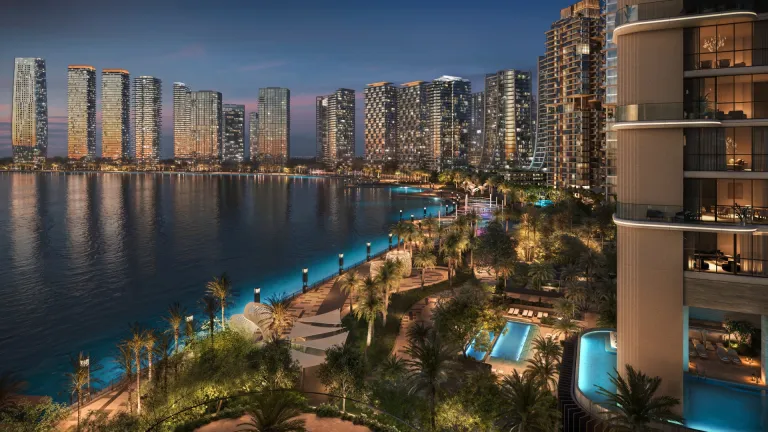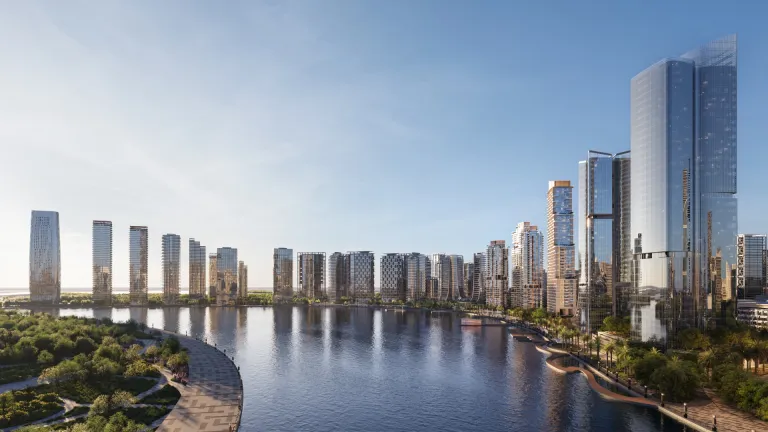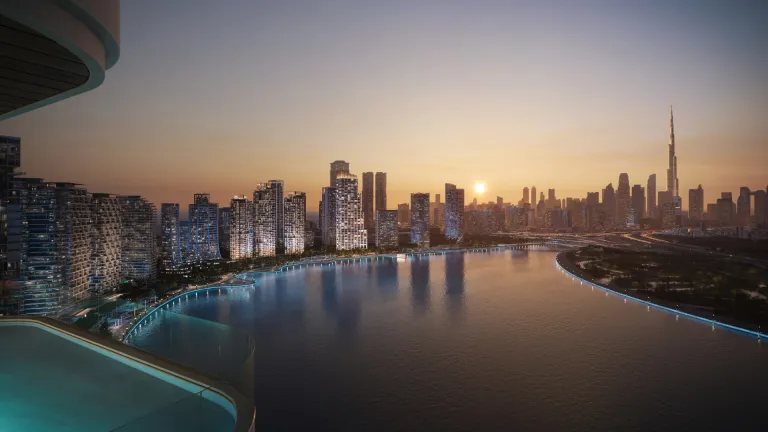No Results Found
Search Results - Blog
Search Results - FAQs
No Results Found
No Result Found
Green Building Trends to Watch in Dubai

Dubai’s rapid urban growth has long been synonymous with innovation and forward-thinking design. Today, that same spirit is driving a strong commitment to sustainability, as the city works towards ambitious environmental goals.
The city's commitment is evident through initiatives like the Dubai Clean Energy Strategy 2050 and the UAE Net Zero by 2050 vision, aiming to transform Dubai into a global hub for clean energy and green economy.
Net-Zero and LEED-Certified Developments
A major trend leading the sustainability scene is the rise of net-zero buildings, which aligns with the UAE Net Zero 2050 strategy that aims to achieve carbon neutrality across the country.
In parallel, real estate developers in Dubai are increasingly pursuing LEED (Leadership in Energy and Environmental Design) certification to ensure their projects meet globally recognised environmental standards. These developments focus on energy conservation, reduced water consumption, and minimal environmental impact, and they are becoming an expectation rather than a luxury in residential and commercial projects. A great example of this is The Acres villa community in Dubai, which has earned the ‘LEED v4.1 Cities and Communities: Plan and Design' certification.
The Integration of Natural Elements into Designs
Another prominent trend is biophilic design—the integration of natural elements into architectural and urban spaces. In Dubai, this is reflected in residential and commercial buildings that incorporate landscaped gardens, water features, and natural lighting.
These design strategies are not just aesthetic; they improve air quality, reduce stress, and enhance occupants’ well-being. Developers are finding that blending nature into structures helps meet both sustainability goals and lifestyle expectations in today’s competitive real estate market.
Adoption of Smart Technologies
Smart building technologies are becoming essential in Dubai’s green construction sector. These include automated lighting, HVAC systems with occupancy sensors, and AI-powered energy management platforms. The goal is to reduce waste, optimise energy use, and provide real-time data that informs both operational decisions and user behaviour. Buildings equipped with these systems are more efficient, cost-effective, and aligned with Dubai’s broader goal of becoming a smart city powered by data and advanced technologies.
Green Building Materials
There is a growing demand for recycled and locally sourced building materials in Dubai. Developers are prioritising resources like recycled steel, bamboo, and sustainable concrete, which help reduce embodied energy and environmental impact. These choices reduce the carbon footprint of buildings and comply with the city’s green building codes.
Renewable Energy Sources
The integration of renewable energy sources is no longer an option in Dubai’s real estate sector; it’s becoming a core requirement. Solar energy, in particular, is leading the way. Rooftop solar panels are being incorporated into residential, commercial, and industrial projects, supported by initiatives like the Shams Dubai programme.
Meraas continues to play a key role in advancing green building trends in Dubai. Our developments are designed to include generous green spaces, shaded walkways, and open-air environments that promote well-being and bring communities closer to nature. Our commitment to sustainability is reflected not only in the materials and methods we use, but in the experiences we curate, encouraging a healthier, more balanced lifestyle.
Contact Meraas team today to learn more about our latest real estate projects in Dubai and find your dream home.


